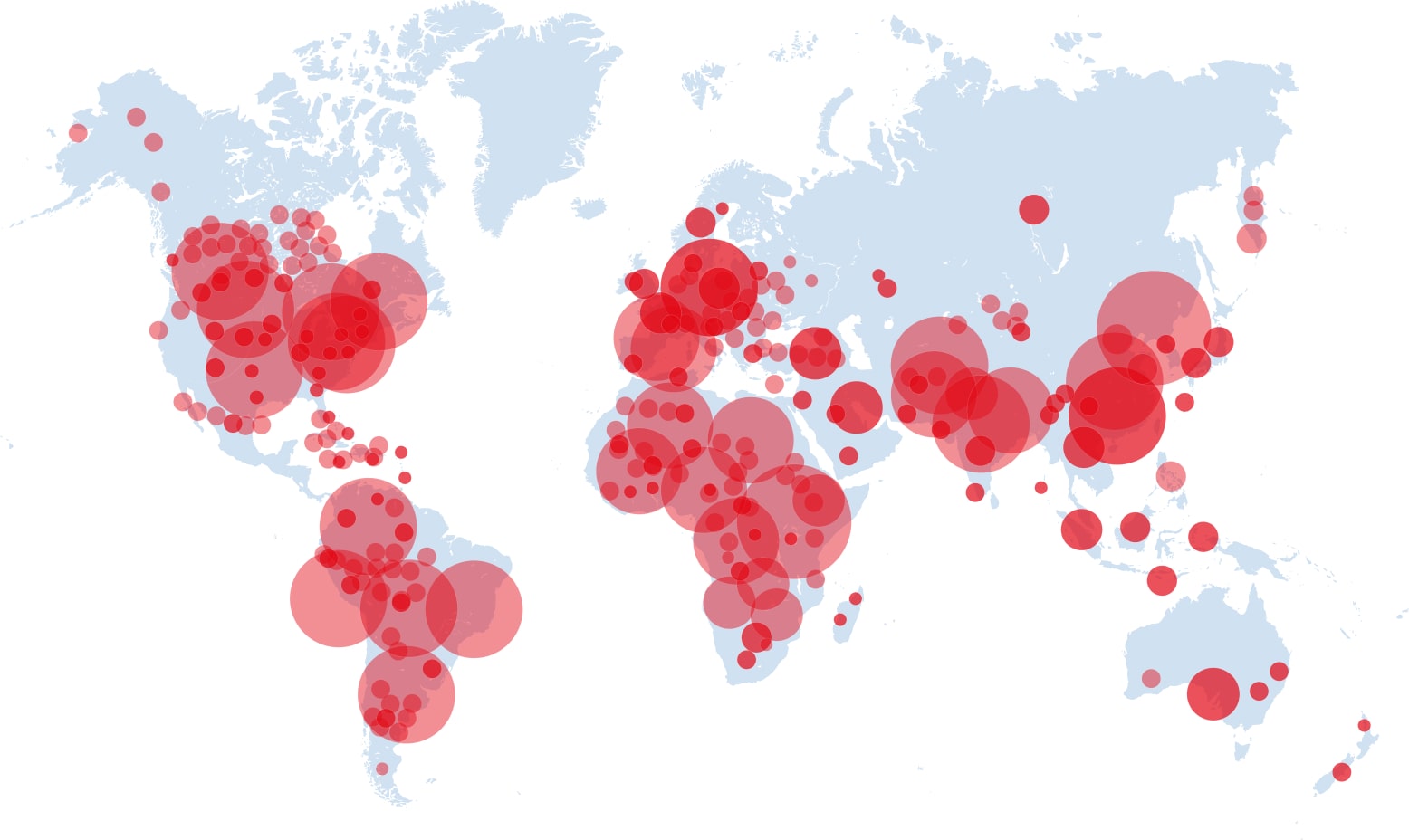On STIs risks
Sexually transmitted infections (STIs) are among the most common communicable conditions and affect severely the health and lives of people worldwide.
STIs rates vary widely by disease and country, but have seen an overall increase in recent years, while the global STI pandemics continue to create serious challenges for healthcare systems.

STIs Statistics

In particular, in 2020, 374 million people were infected with one of four STIs: chlamydia (129 million), gonorrhea (82 million), syphilis (7.1 million) and trichomoniasis (156 million).
In 2022, 254 million people suffered from chronic hepatitis B and more than 500 million people aged
In 2023 around 40mn people globally were living with HIV, 1.5 mn people became newly infected with HIV and 650 000 people died from AIDS-related illnesses. According to certain statistics over 50% of the world’s adult population now suffers to some extant from genital diseases causing 15% of infertility among couples. Furthermore, on average over 1200 cases of adverse birth outcomes are diagnosed daily among the infected pregnant women due to the STIs.
In the Russian Federation
STIs have the status of “Socially-Significant Diseases” and their widespread prevalence remains the subject of close attention of health authorities. In particular, in the recent years, there has been an increase in the incidence of syphilis, gonococcal infection and hepatitis. Most deaths from infectious diseases in Russia today are due to HIV, tuberculosis is in second place, and hepatitis C is in third place. According to the published data (“Healthcare in Russia 2023”), the number of registered people with HIV infection has been growing over the past 12 years and in 2022 it amounted to 885 417.

The ways of infection transmission

The STIs includes bacterial, viral and parasitic infections which are usually transmitted through unprotected sex. However, STIs can also spread via non-sexual interactions, such as passing from mother to child during pregnancy, breastfeeding, or childbirth; between victims of drug abuse who share syringes; or from donor to recipient via infected blood donations.
Overall more than 30 pathogens can be transmitted sexually, and individuals may have multiple infections at the same time.
Consequences of STI infection
Infection with STIs can have severe consequences, including long-term complications targeting different systems in human body, and that far beyond the immediate impact of the infection.
STIs are the leading causes of inflammatory diseases of the pelvic organs, have a severe negative impact on sexual and reproductive health and can lead to infertility. In particular, infertility in the presence of chlamydial infection occurs in 50% of those infected, in the presence of mycoplasma and ureaplasma — in 30%, trichomonas — in approximately 45%.
Furthermore, STIs can lead to neurological disorders, cardiovascular diseases, chronic pelvic pain and in case of the sexually transmitted HIV virus — to acquired immunodeficiency syndrome (AIDS). There are infections which can cause cancer (e.g. liver cancer, cervical cancer) and without timely treatment lead to early death. Some STIs can also be transmitted from mother to child during pregnancy, childbirth and breastfeeding. At the same time, the transmission of STIs from mother to child during pregnancy can lead to stillbirth, prematurity and congenital anomalies.

Drug resistance
The situation is aggravated by the fact that in recent years, STI resistance to antimicrobial drugs has been growing steadily. That trend significantly narrows the range of available treatment options as well as encourages development of novel efficient means for STIs prophylaxis.
Means of STIs’ prophylaxis
The widespread prevalence of sexually transmitted diseases provides for the need to find new approaches to their prevention, including the development of medical products preventing the penetration of pathogens into the human body. In addition to the development innovative drugs for treatment of diseases caused by STIs, the search continues around the world for new and more effective means of pre- and post-exposure prophylaxis of STIs.
New solutions in the field of prevention and control of STIs, including inter alia the products developed by Medicore Technologies, are expected to become a leading factor in protecting health and preventing globally the spread of STIs in the coming years.
